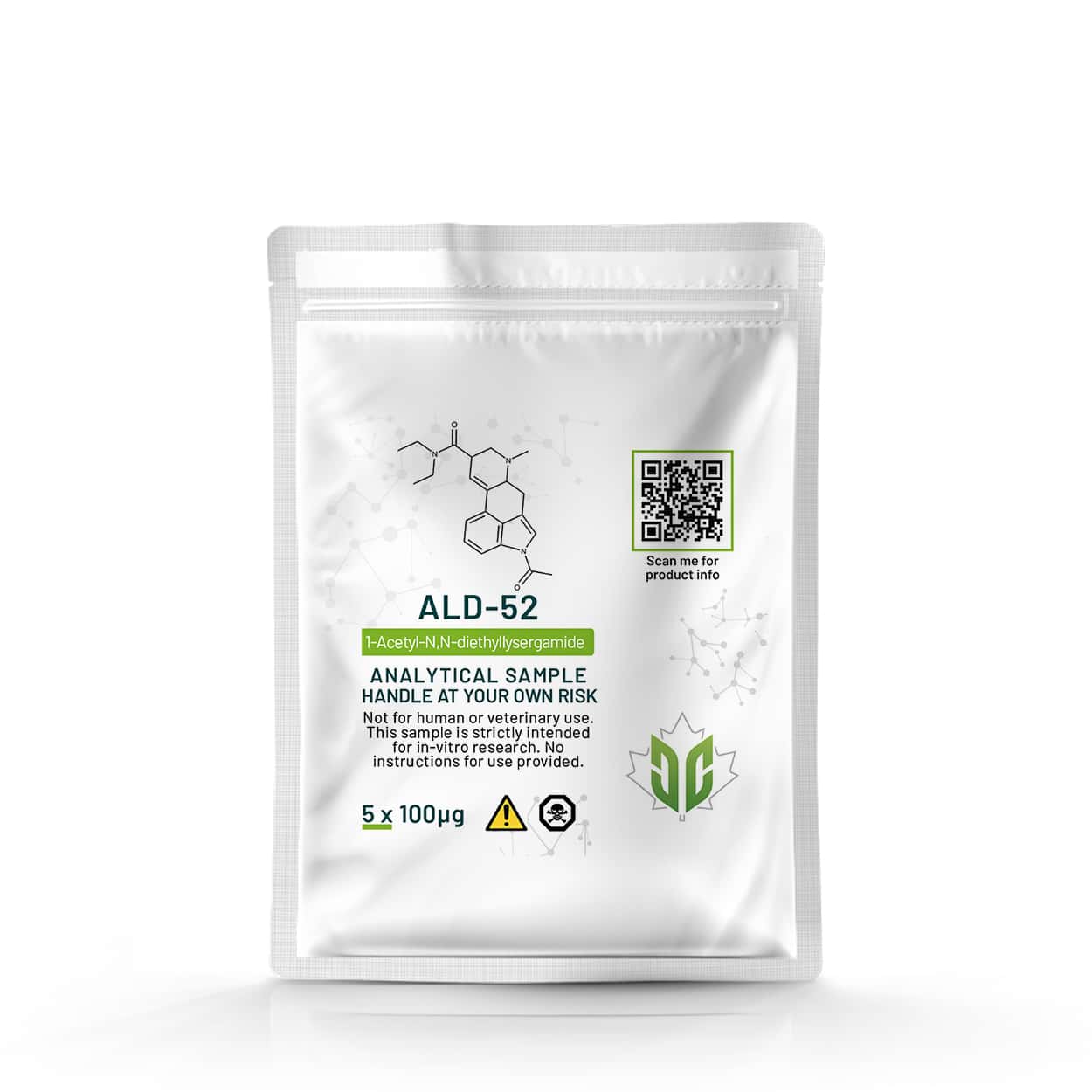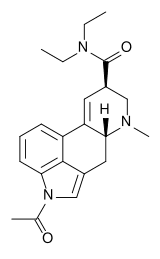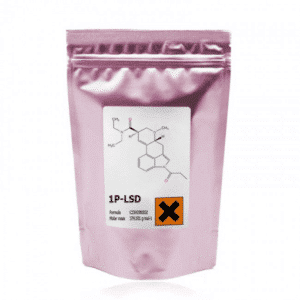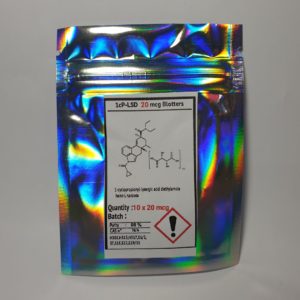What is ALD-52
ald52, also known as 1-acetyl-LSD, is a chemical analogue of lysergic acid diethylamide (LSD). It was originally discovered by Albert Hofmann but was not widely studied until the rise in popularity of psychedelics in the 1960s. The ergoline d-lysergic acid diethylamide (LSD) is one of the most potent psychedelic drugs. 1-Acetyl-LSD (ALD-52), a derivative of LSD containing an acetyl group on the indole nitrogen, also produces psychedelic effects in humans and has about the same potency as LSD. Recently, several other 1-acyl-substitued LSD derivatives, including 1 propanoyl-LSD (1P-LSD) and 1-butanoyl-LSD (1B-LSD), have appeared as designer drugs. Although these compounds are assumed to act as prodrugs for LSD, studies have not specifically tested this prediction.
Effects of ALD52 Use
ALD52 is a mind-altering drug. Serotonin is a neurotransmitter that helps control your behavior and mood, governs your senses, and moderates your thoughts.
The physical effects of ald52 are unpredictable from person-to-person. Use by the intravenous (IV) route will produce a much quicker action, usually within 10 minutes. Effects include:
- hallucinations
- distorted visual perception of shapes, colors
- altered sounds
- anxiety and depression
- flashbacks (a return of the “trip” experience) days or months later
- rapid heart rate, increased body temperature and high blood pressure
- dilated pupils
Extreme changes in mood can occur. If taken in large enough doses, the drug produces delusions and visual hallucinations. Overdose can lead to severe psychosis. So death is often due to a direct injury while under LSD influence; there is no known lethal dose of ald52.
Health Hazards and Flashbacks with LSD
Imperatively, ald52 influence the ability to make sensible judgments and see common dangers is impaired, making the user susceptible to personal injury or death.





Reviews
There are no reviews yet.